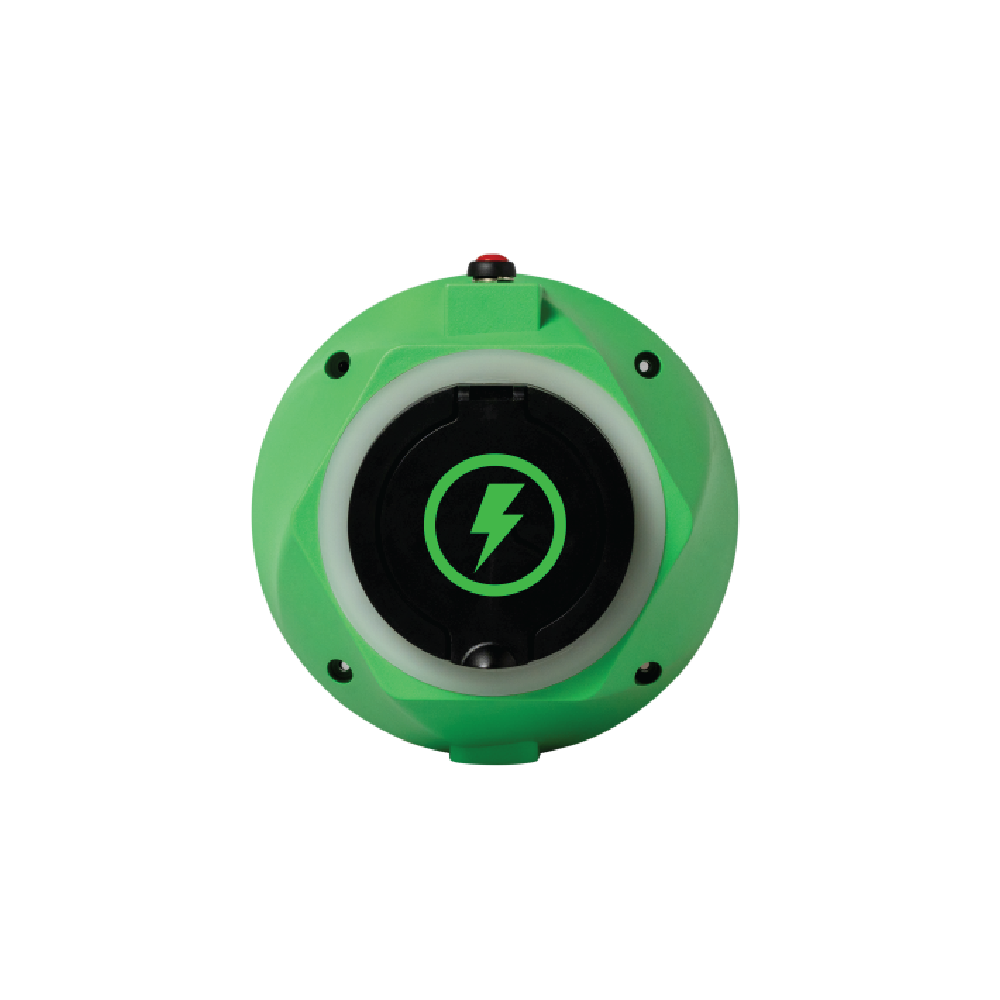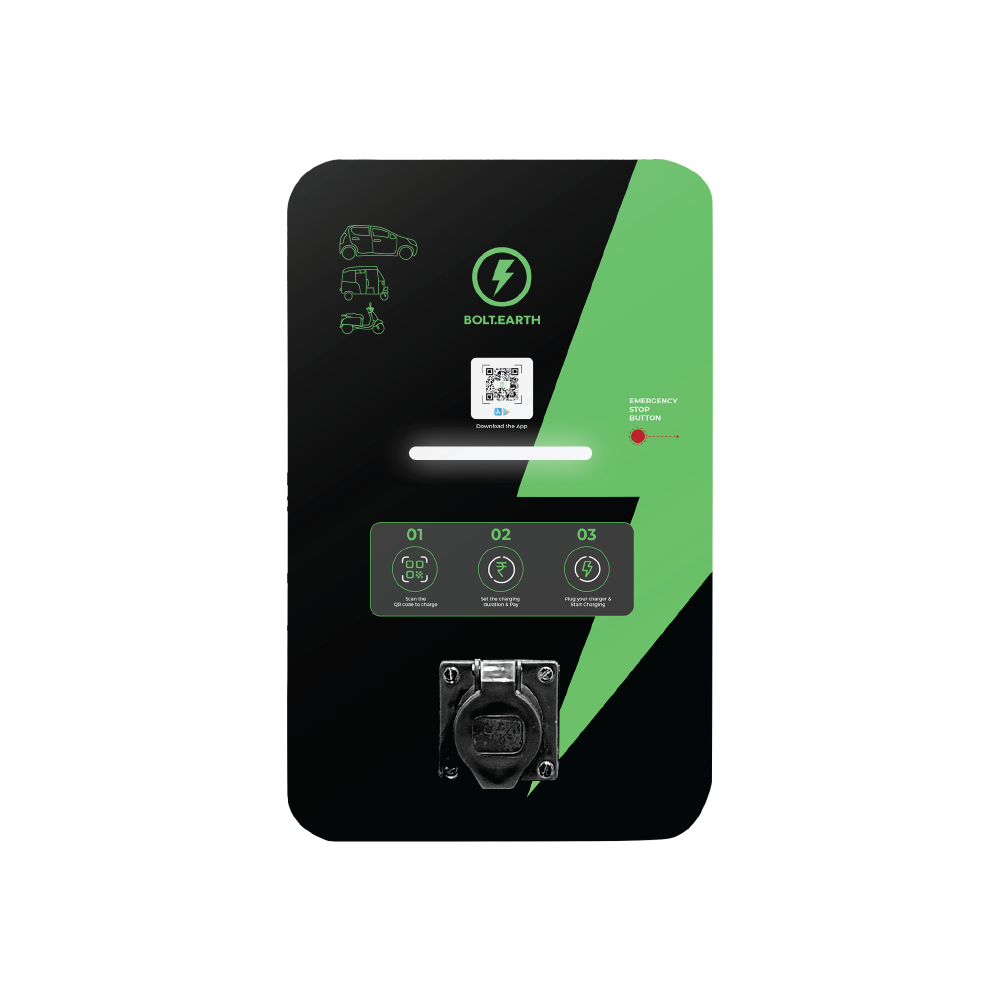Choosing the Right DC Fast Charger for Hotels, Malls, and Office Spaces
Raghav Bharadwaj
Chief Executive Officer
Published on:
09 Oct, 2025
Updated on:
04 Dec, 2025

EVs are becoming increasingly common on Indian roads, and businesses in the hospitality, retail, and corporate sectors are taking note. Installing EV charging infrastructure, especially DC fast chargers, can be a smart move for hotels, shopping malls, and office complexes looking to attract customers, enhance their green image, and future-proof their facilities. This blog provides a data-backed overview of how to choose the best EV charger for a mall or an office in India.
We’ll cover the following:
- Business value of EV charging
- Advantages of DC fast charging
- How to select and implement the right charger for your property type
Why EV Charging Is Good Business for Hotels, Malls, and Offices
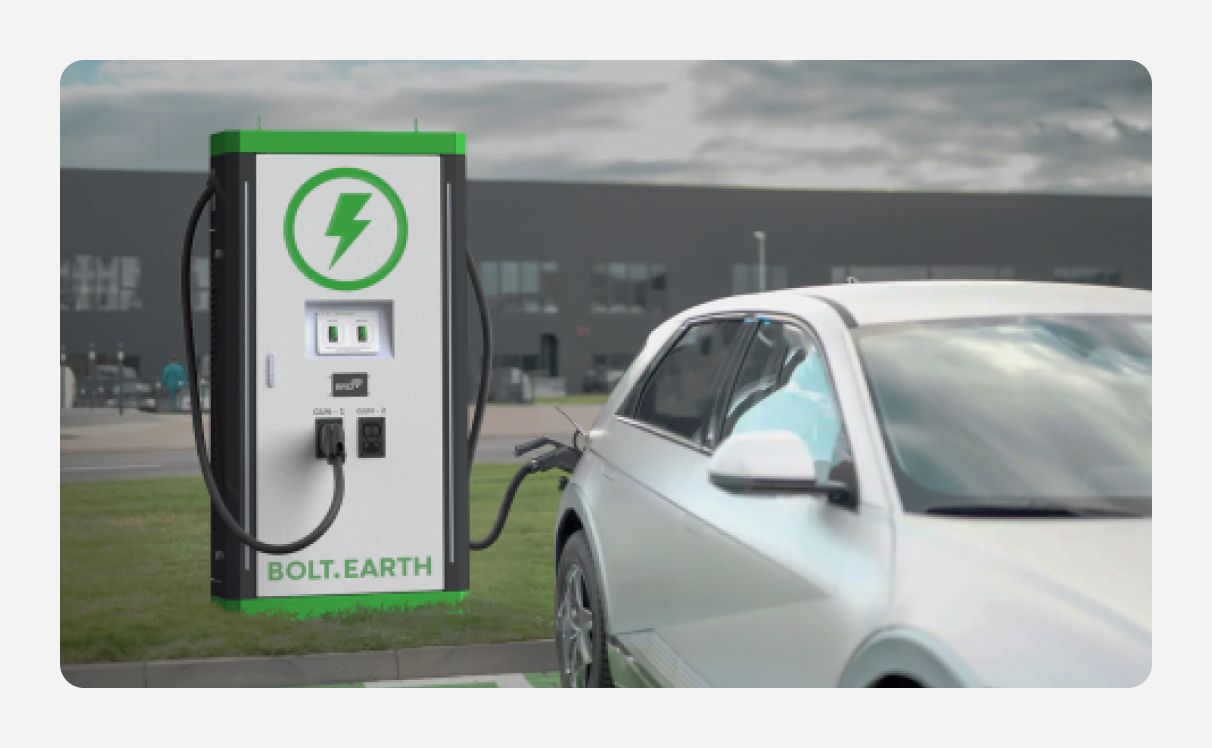
Offering EV charging for office buildings, malls, and hotels yields multiple benefits and can be a win-win proposition.
- Attracting Customers and Increasing Footfall: Charging points can literally drive EV owners to your location. For example, a government guide for shopping centers notes that EV charging at shopping malls can boost footfall and increase time spent on-site, enhancing revenue. Shoppers prefer malls where they can top up their car while shopping. Similarly, EV drivers planning road trips may choose hotels or highway restaurants that offer “EV charging for hotels” as part of their amenities.
- Longer Dwell Time and Higher Spending: Charging takes time, which means customers spend more time (and money) on-site. In Delhi, the average mall visit is about 90 minutes, aligning well with EV charging durations. A DC fast charger can encourage extended shopping or dining time. EV charging for hotels can expect guests to stay for meals or additional services while waiting for a charge.
- Enhanced Brand Image and Loyalty: Hosting EV charging for office buildings positions your brand as forward-thinking and environmentally responsible. This “green” image can improve customer loyalty and satisfaction. Luxury hotels in Delhi NCR are already integrating DC fast chargers to attract premium EV-owning guests. For corporates, workplace charging supports employee well-being and sustainability goals, aiding ESG initiatives.
- New Revenue Streams: EV charging can be monetized. Businesses often set a fee for public charging usage (either per kWh or per hour). For example, a well-utilized EV charger for mall can potentially earn a few thousand rupees per day in charging fees. Even if offered free or at cost, indirect revenue from increased patronage can be significant. Some commercial charging models involve partnerships or revenue sharing with charging network operators.
- Regulatory Compliance and Future-Proofing: Installing EV chargers now keeps you ahead of evolving regulations. Building codes and city policies increasingly mandate EV readiness. For example, Delhi requires a percentage of parking to be EV-ready. Acting early allows businesses to benefit from government subsidies and avoid retrofitting costs later.
In summary, EV charging for hotels, EV charger for a mall, or EV charging for office buildings is more likely to attract EV-driving customers, keep them longer, and earn their goodwill, all while tapping into emerging revenue opportunities. It’s an investment in both customer experience and sustainability leadership.

Why prioritize DC fast charging for commercial locations?
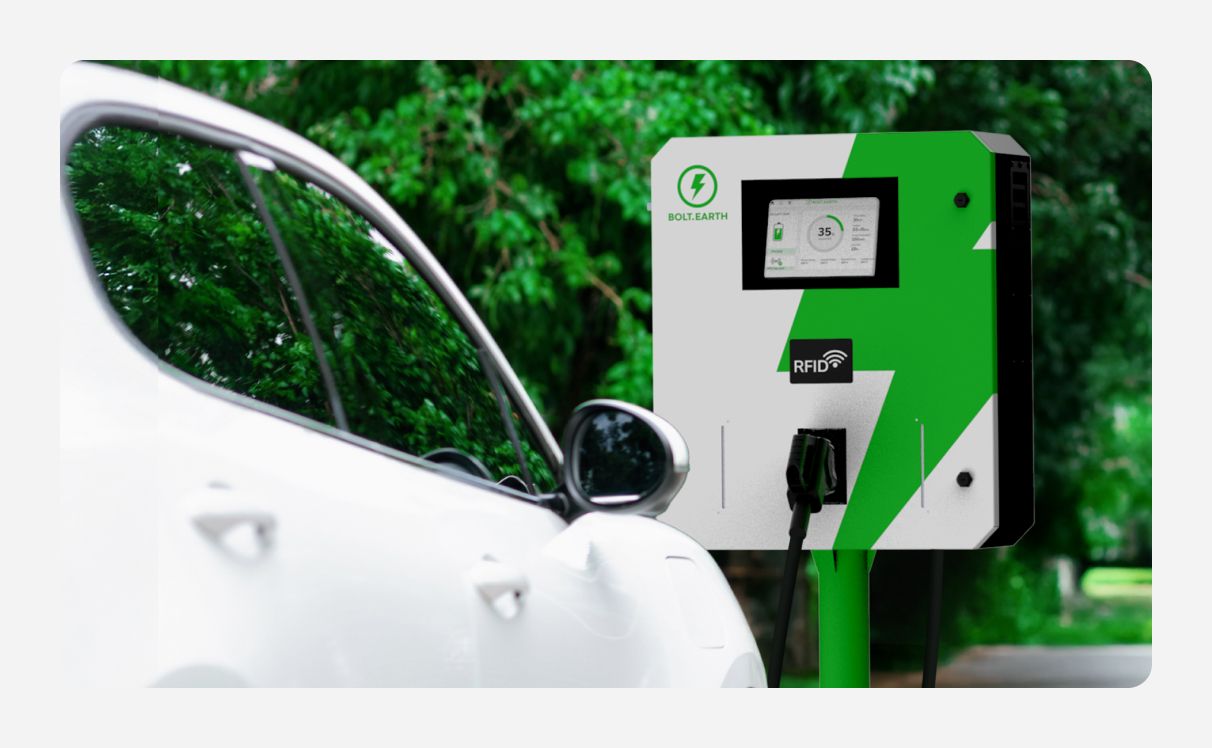
While use case matters, DC chargers offer distinct advantages for EV charging at shopping malls, EV charging for hotels, and EV charging for office buildings, despite higher costs:
- Faster Turnover: DC fast chargers serve more vehicles in a day than AC ports. For example, a 50 kW DC station can substantially charge several cars in 8 hours, while a 7 kW AC socket might fully charge only one. Malls in particular benefit from giving shoppers meaningful top-ups during their 60–90 minutes.
- Customer Convenience: Fast charging is a premium convenience. Hotel guests checking in late or stopping briefly for lunch might appreciate the ability to top up 100+ km of range quickly. Office employees might mostly slow-charge during the day, but a fast charger supports urgent needs or fleet vehicles.
- Vehicle Compatibility and Future Trends: Most new EV models support DC fast charging, typically using the CCS2 port in India. Installing a DC fast charger ensures compatibility with most vehicles, including Tata Nexon EV, MG ZS EV, Hyundai Kona, and others.
Note: AC vs. DC is not an either/or choice. Many businesses deploy a mix: low-cost AC points for long-term parking and DC fast chargers for quick service. If installing only one charger, choose based on typical customer needs. If installing multiple, offer both.
How to Select the Best DC Fast Charger for Your Business
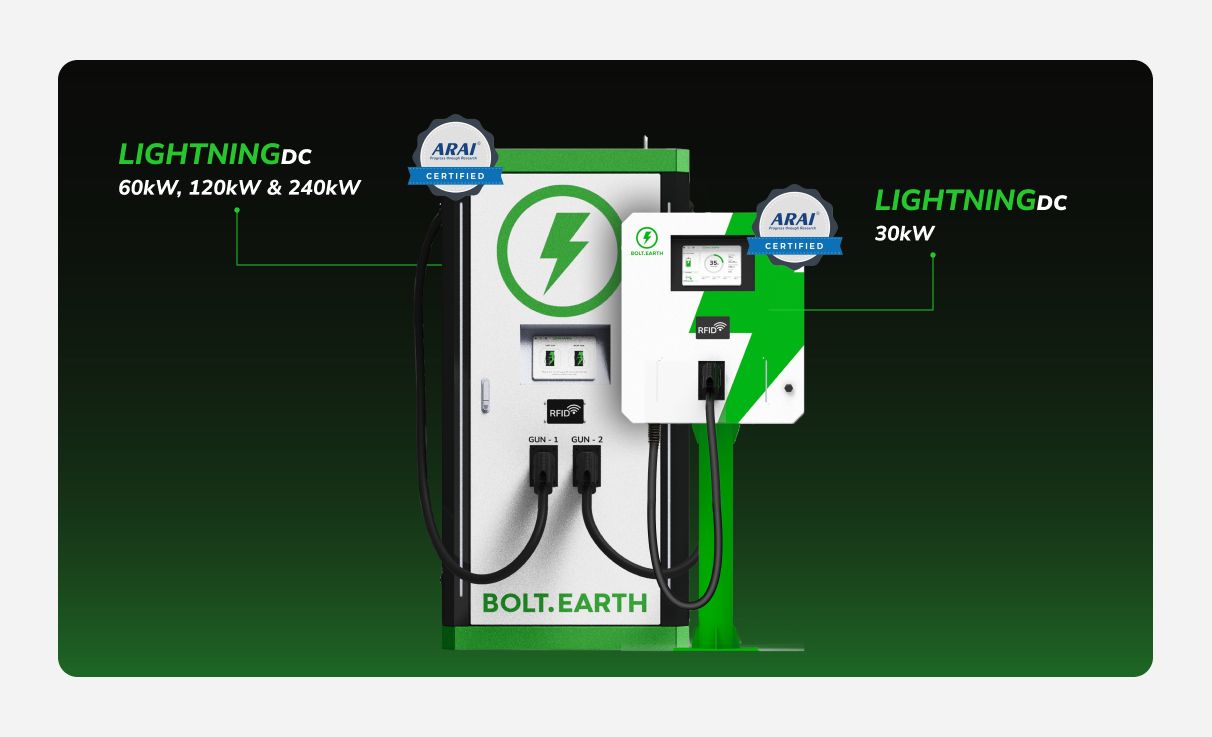
Power Rating and Charging Speed
DC fast chargers come in various power capacities. The “right” level depends on visitor dwell time, expected traffic, and budget.
- 15 kW (Bharat DC-001): Entry-level units for low-voltage vehicles (like e-rickshaws and some older cars). Slightly faster than a high-end AC charger, but not ideal for modern EVs. Suitable only if your site expects two-wheelers or older models.
- 30–60 kW: Popular for commercial destinations. A 60 kW charger can deliver approximately. 80% charge in under an hour. A 30 kW unit is slower, but still much faster than AC. These strike a good cost-benefit balance for many businesses. Equipment typically costs ₹7–12 lakh and requires a 3-phase 415V supply. Most hotels, malls, and offices can support one or two units without grid strain.
- 90 kW and above: High-power chargers (often 90, 120, 150 kW, up to 360 kW) are suited for highway corridors, EV charging hubs, or fleet depots. They’re expensive (often double or more the cost of a 60 kW unit) and require special grid connections. Few Indian EVs currently support >60 kW, but installing one can be a future-proofing move. Consider only if your location expects high EV traffic or you want to brand as an ultra-fast destination.
Tip: Align the charger power with visitor duration. For approx. 1-hour visits (e.g., mall shoppers), a 60 kW unit is ideal. For 8-hour stays (e.g., office employees, hotel overnight guests), lower-power DC or AC might suffice. Many DC chargers are “modular”; some allow two cars to share power or can be upgraded later.
Segment-Specific Considerations: Hotels vs. Malls vs. Offices
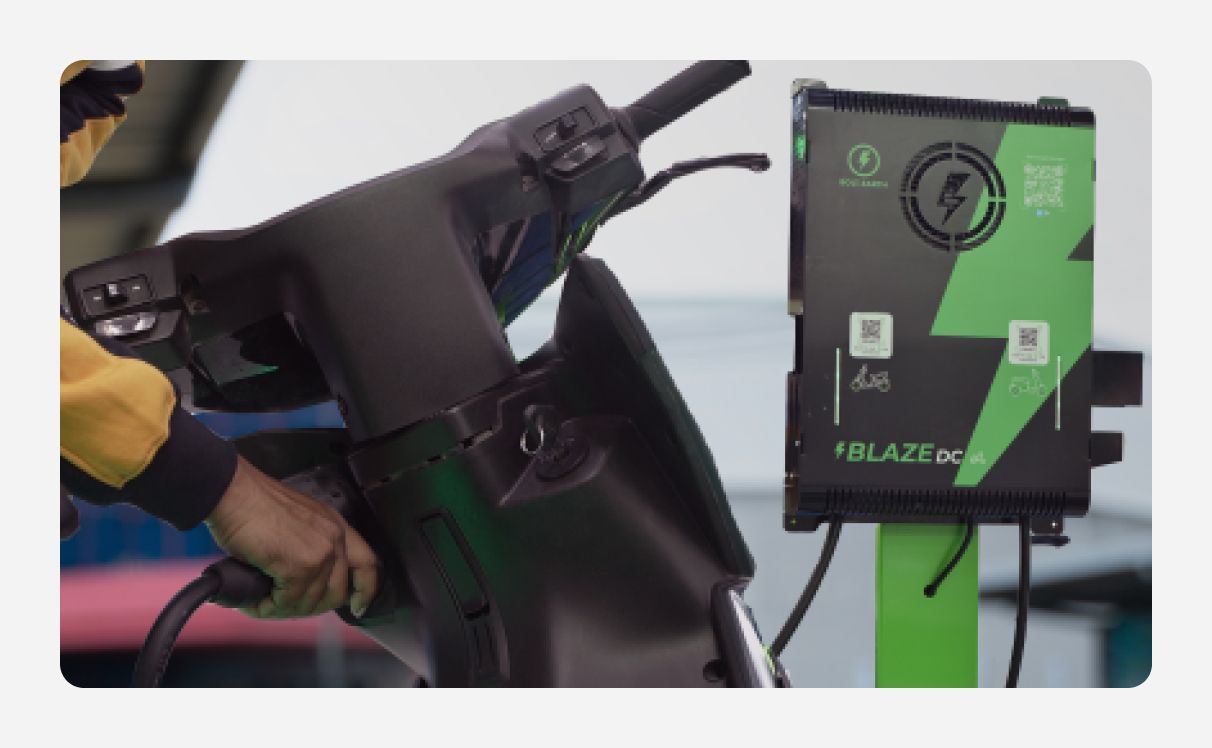
Let’s briefly understand special considerations for each type of location, beyond the general points discussed above:
Hotels and Resorts
Hospitality spaces cater to two types of guests: overnight guests and short-term visitors.
- Urban hotels: Chargers act more as amenities and can influence booking decisions.
- Highway or destination properties: A (30–60 kW) DC fast charger is valuable for travelers needing quick top-ups.
Recommendation: Install at least one DC fast charger and one AC unit. Offer complimentary charging (cost can be absorbed in room rates), integrate it into valet or concierge services, and partner with an EV network for visibility and maintenance.
Shopping Malls and Retail Centers
Malls benefit from high footfall and long dwell times, especially on weekends and holidays.
Recommendation: Install at least two chargers, such as a dual-gun 60 kW DC fast charger. Clearly mark charging bays, implement alerts (via app or parking staff) when charging is complete, and dedicate 5–10% of parking to EVs. Promote your “EV charging at shopping mall” facility in marketing and ensure safety with cable management and CCTV.
Offices and Corporate Campuses
Employees typically park for 8–9 hours, making slower AC charging practical and cost-effective.
Recommendation: Install several 7 kW AC chargers for employees and one 60 kW DC fast charger for fleet or visitor use. Provide access via internal apps or RFID, encourage midday rotation, and integrate charging into ESG or green-building initiatives. Consider solar rooftops or parking canopies for sustainable power.
No matter the segment, a common theme emerges: integrate the EV charging experience into your customer or employee journey. Make it easy, visible, and reliable. A hotel could mention EV charger availability during booking and have staff ensure the car is charged overnight. A mall could display “EV Charging Available” at the entrance. An office could include EV charging guidelines in the employee handbook. These touches ensure the infrastructure actually gets utilized to its full potential.




